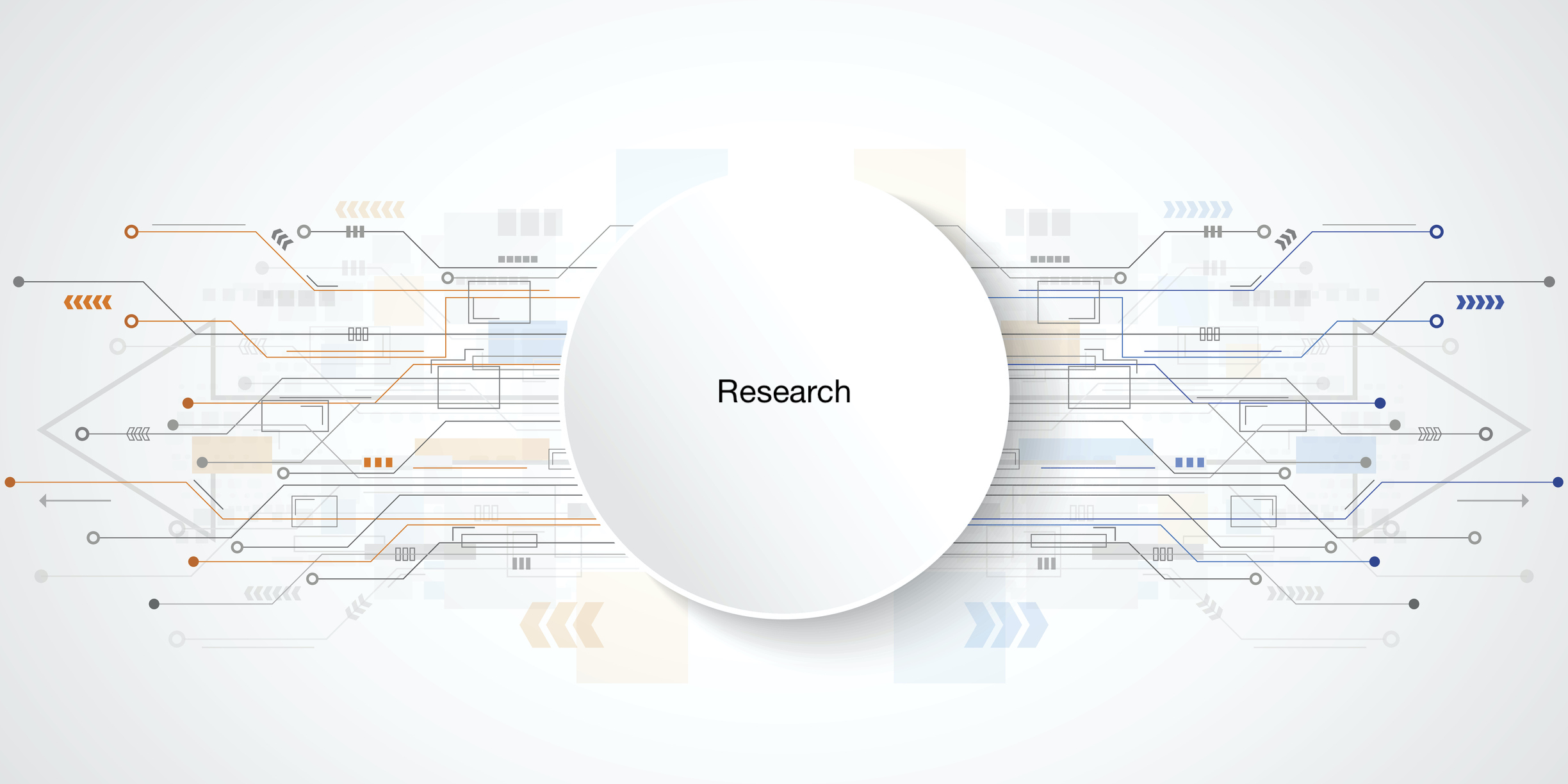
Overview
Our research focuses on developing post-industrial management thinking and tools. We seek to develop better ways for investors and firms to navigate and exploit the very rapid changes that are occurring.
By the post-industrial transition we are referring to the combination of exponential technology development and decentralization that is reshaping our economy and civilization. The end point of this transformation is one characterized by decentralized production, machine intelligence, and a control of organic and inorganic matter similar to how we think of software today.
The transition is a messy process. This is in part because it is taking place at different speeds in different jurisdictions and industries, and in part because many of the technologies are still quite immature and evolving at a rapid pace. The Covid-19 pandemic greatly accelerated many aspects of decentralization, but it also brought with it a dramatic increase in government interference. Economic freedom is not moving in the right direction, and geopolitical tensions also introduce additional uncertainty.
Our research on the post-industrial transition is guided by the following:
- Seek the truth – what is happening and why?
- Always seek to add unique insights
- Prioritize what has the biggest impact
- Connect the dots – build a comprehensive picture
- Practical outcomes – be able to distill real trade-offs and actions
- Implementabilty – make it easier to implement a post-industral strategy
Areas of focus
Our research has six main areas of focus:
1. Industries and economies – how can we model the structural changes underway, especially decentralization?
2. Firms – how will firms change in their design and evolution? How do can managers, boards, and investors help their companies adapt more quickly? What will the Post-Industrial Enterprise look like?
3. Work – how will the nature of work and careers change? How should individuals, firms, and educational institutions adapt to this?
4. Society and culture – how will our prevailing ideas (mindsets) impact technological and cultural development, and vice versa? How will these ideas impact policymaking?
5. Enabling technologies – what technologies will have the most impact and in what way? How can we better track the evolution and current capability of these technologies?
6. Tools and practices – what will be the post-industrial replacements for mainstream management tools and practices that are beginning to have less relevance?
Research products
Courses: An Introduction to Post-Industrial Management Thinking (in development)
Workshops for management teams, boards, and investors
Models: An extensive set of models for all aspects of organizational design and industry structures; many of these have been in production use for more than a decade.
Papers: See the White Papers section for a discussion of implications for private equity, governance, and why “digital transformation” is an incomplete explanatory theory for the changes we are going through.
Our research forms the basis of our advisory work, which in turn helps fuel further research, ensuring that we address the problems that matter most.